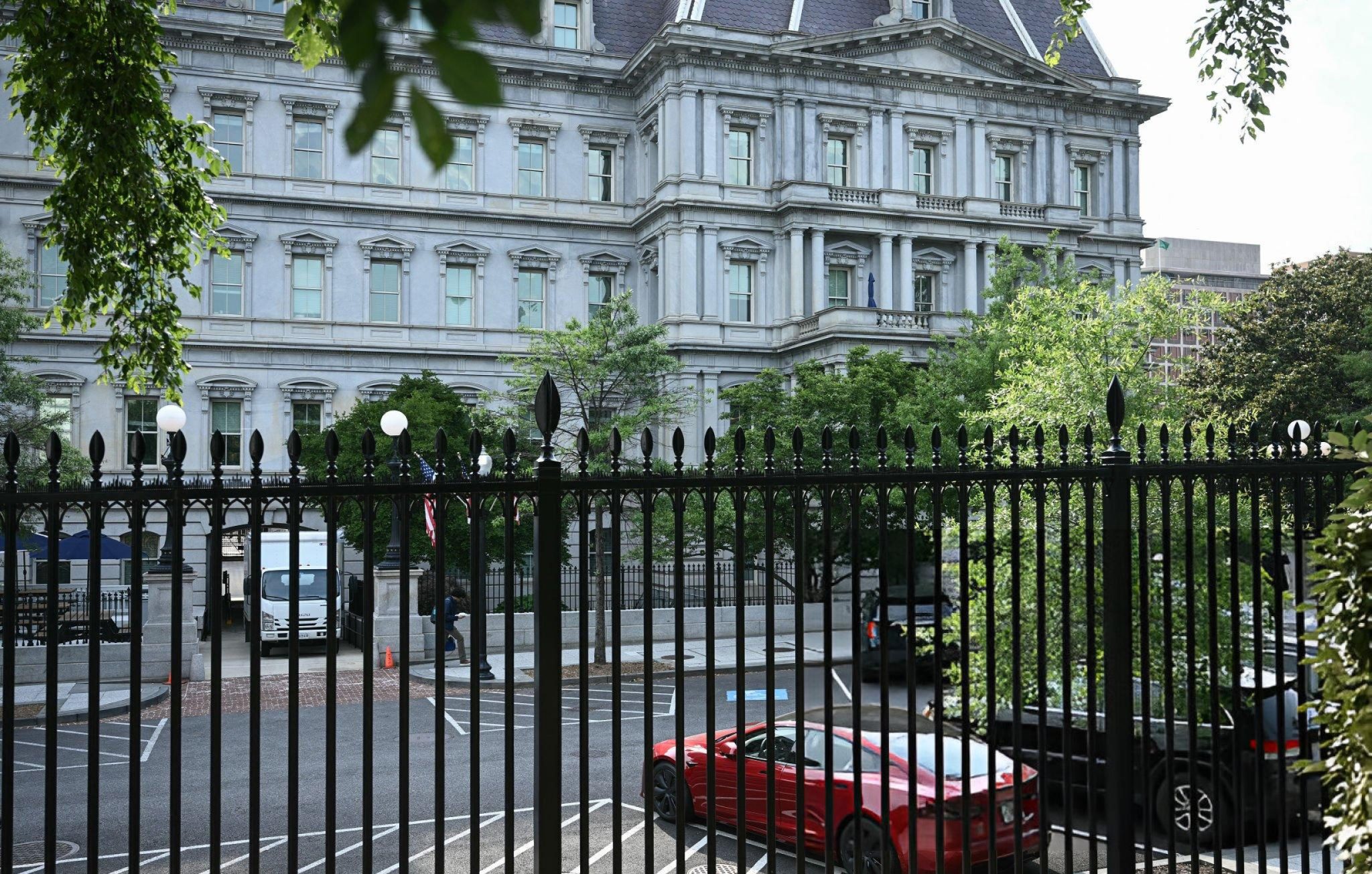Trump administration raises concerns over strategic espionage risks near financial district
The White House has issued a stark warning to Prime Minister Sir Keir Starmer, urging his government to block China’s proposed “super embassy” in London amid mounting national security concerns.
The controversial plans for a vast Chinese diplomatic compound at Royal Mint Court—situated between the City of London and Canary Wharf—have reignited fears over espionage, with Washington expressing grave reservations about Beijing gaining proximity to Britain’s critical communications infrastructure.
Construction of the site, which would become China’s largest embassy in Europe, was halted in 2022 following opposition from Tower Hamlets Council, citing national security and human rights concerns. However, the application was “called in” by Deputy Prime Minister Angela Rayner last year, allowing ministers to take final responsibility for the decision, with a verdict still pending.
According to reports, President Xi Jinping personally lobbied Downing Street to approve the development, while Chinese foreign minister Wang Yi raised the matter with Foreign Secretary David Lammy during a diplomatic visit to the UK.
However, the US has now stepped into the debate. Sources indicate the topic was broached in recent trade talks, with President Trump’s administration warning that the embassy could pose a “significant threat” to shared intelligence operations. Washington has reportedly asked for a “China lock” clause in future UK-US trade agreements to guarantee that intelligence security is not compromised.
A senior American official told The Sunday Times: “The United States is deeply concerned about providing China with potential access to the sensitive communications of one of our closest allies.”
The concern centres around so-called “dark cabling” buried beneath Royal Mint Court, which connects key data hubs in the City and Canary Wharf. A confidential memo delivered to the US National Security Council, co-authored by members of the Inter-Parliamentary Alliance on China (IPAC), warned the site’s location could grant Chinese intelligence agencies access to critical digital infrastructure.
John Moolenaar, chair of the US House of Representatives’ China committee, said: “The Chinese Communist Party has a clear track record of targeting critical infrastructure. This development would raise serious concerns in the United States and could be viewed as an act of strategic overreach by Beijing—and a curious error in judgment by London.”
Luke de Pulford, IPAC’s executive director, described the embassy plan as a “flashpoint” in broader geopolitical tensions. “It’s time to send Xi Jinping a clear message: no matter the pressure or coercion, the UK and US won’t trade away national security—and this embassy isn’t happening,” he said.
In a further twist, objections from both Scotland Yard and the local authority were reportedly dropped following Chancellor Rachel Reeves’ return from a diplomatic visit to Beijing in January, despite China resubmitting its plans without any significant revisions.
Priti Patel, now serving as shadow foreign secretary, branded the embassy “a dangerous threat to the national and economic security of our country”. Meanwhile, shadow home secretary Chris Philp echoed the sentiment on Sunday, insisting: “We should not be allowing the Chinese to build this super-embassy.”
He warned it was “likely to become a base for pan-European espionage activities”, pointing to its proximity to vital data cables and London’s financial heart. “We’ve seen the Chinese government cracking down on dissidents, running secret police stations in the UK, even putting bounties on their heads. We should not be giving permission to this.”
The Chinese government has rejected all accusations of spying. A spokesperson claimed: “Anti-China elements are always keen on slandering and attacking China.”
A UK Government spokesperson confirmed: “Applications for a new Chinese embassy in Tower Hamlets have been called in for ministers to decide. A final decision will be made in due course.”
Technology Secretary Peter Kyle attempted to downplay concerns, telling Sky News: “We deal with embassies and these sorts of infrastructure issues all the time. These are issues that will be dealt with in the planning process.”
The diplomatic row comes as three of President Trump’s top aides are set to meet their Chinese counterparts in London this week to resolve the ongoing US-China trade war—talks now likely to take place under an even more watchful eye.






